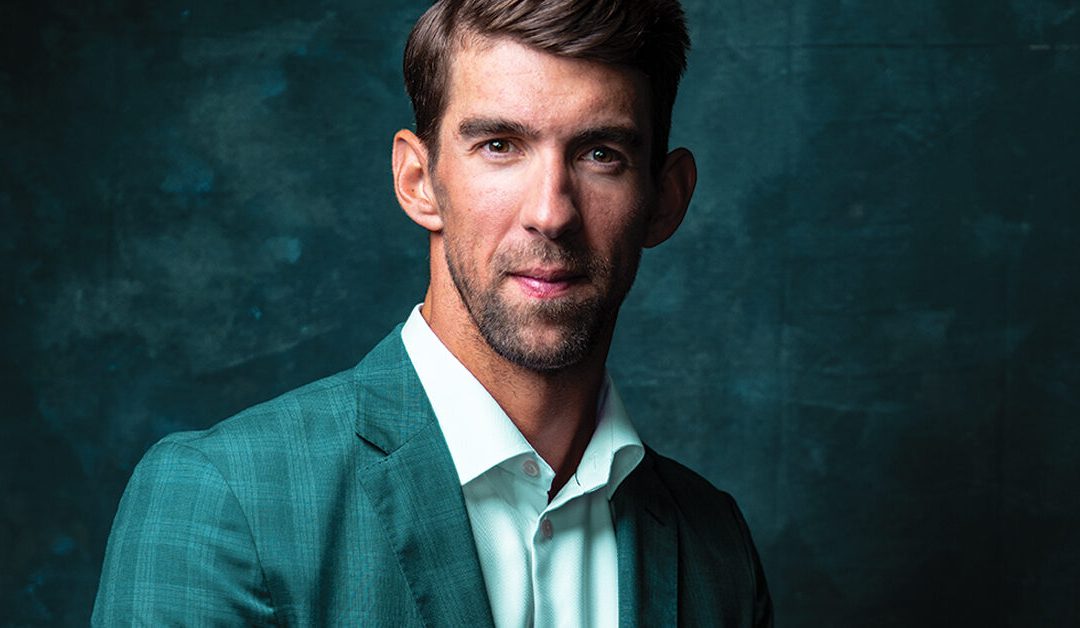In 2014, Phelps checked himself into an in-patient treatment center, where he spent 45 days.
“As soon as I came out, I continued the therapy that I had in my treatment center. For me, you know, when I first started it was kind of freaky, kind of scary, something that was new and I didn’t really know what to expect, and I guess that was where vulnerability snuck in the first time,” Phelps said.
When he left the facility, he began feeling mentally well.
“I started feeling like a person…I guess I could love myself and like who I saw. I think for a long time I looked at myself as a swimmer and not a human, so being able to learn more about me, how I worked, why I work that way through treatment and through unpacking all the extra crap that I had inside of me,” he said.
Erica Wickett, psychotherapist at BetterMynd, said professional help is vital for people struggling with depression, anxiety, and suicidal thoughts.
“Often when I meet with clients struggling with these issues, they’ve hit a breaking point where their lives feel like it no longer makes sense to them. This feeling can be incredibly isolating and often there is a need for help outside of their existing support systems to help them make sense of things again,” she told Healthline.
Therapeutic spaces offer the opportunity to safely explore feelings in a compassionate and empowering environment that encourages self-compassion and understanding, Wickett added.
While therapy gave Phelps an understanding of himself and tools to cope with his mental health, he said it’s an ongoing journey to stay mentally well.
“My depression and my anxiety is never going to just disappear. I’m never going to be able to snap my fingers and say ‘Go away. Leave me alone.’ It makes me. It is a part of me. It’s always going to be a part of me,” he said.
Deborah Serani, PsyD, psychologist and professor of psychology at Adelphi University, said serious mental health conditions like depression and anxiety cannot be willed away or reduced with casual changes in lifestyle.
“Mental health is [not] just a state of mind one can choose. Depression and anxiety are neurobiological illnesses that require professional assessment, targeted treatment, and chronic management,” she told Healthline.
Phelps noted that management of his mental health requires flexibility. He compared becoming as mentally strong as possible to that of becoming the best swimmer possible.
“Throughout my career, there was no blueprint on winning eight gold medals; it was kind of trial and error that we had to figure out a way to get there. So, for [my mental health] …I can’t expect to have every answer today, but I also have to give myself forgiveness because I’m still learning and at times that is hard,” he said. “[I] want to be as perfect and I want to learn as fast as I can, but at times, that’s not possible.”
While he leans on therapy, exercise, and self-care measures like journaling to cope, he accepts that what works today might not work tomorrow.
“I’m constantly learning. I’m constantly growing,” he said.

This content was originally published here.

